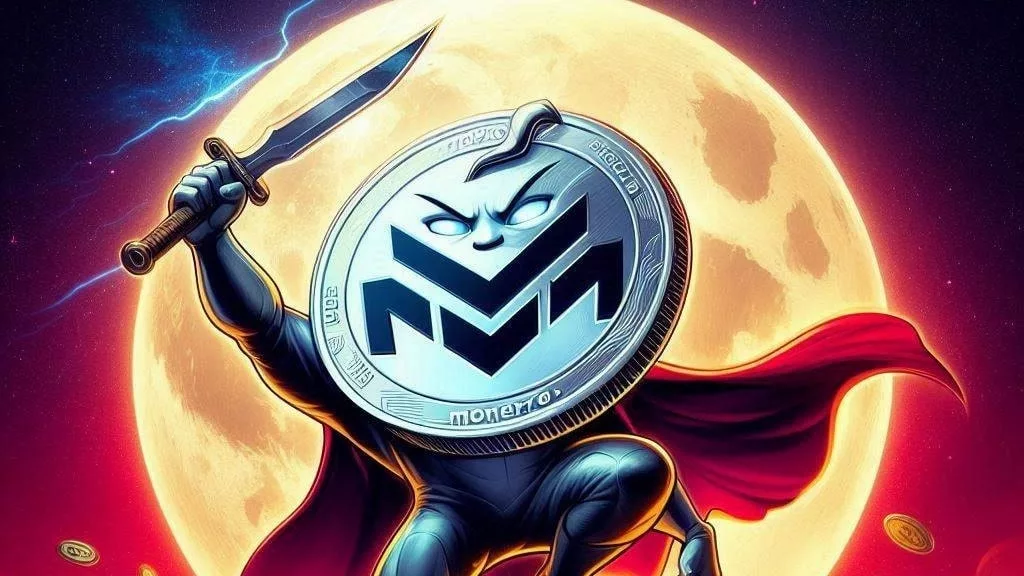
In a recent turn of events, Binance, one of the leading players in the cryptocurrency world, witnessed a major shake-up in its leadership. The departure of Brian Shroder, the CEO and President of Binance.US, along with a significant reduction in the workforce, has sent shockwaves through the crypto community. This development has also raised concerns about trust in the crypto industry as a whole.
On September 13, news broke that Brian Shroder would be stepping down from his role at Binance.US. Shroder, who had spent two years at the helm, announced his departure as a well-deserved break. Binance CEO Changpeng “CZ” Zhao took to X (formerly Twitter) to make the announcement, emphasizing the amicable nature of Shroder’s exit.
However, the timing of this announcement was notable. On the same day, it was revealed that approximately 100 employees, roughly one-third of Binance’s workforce, had lost their jobs. This combination of high-level executive departures and layoffs sent shockwaves through the crypto world.
In the aftermath of these developments, there was a significant outflow of funds from Binance. The largest single transaction saw over $66 million leaving the platform. Despite Zhao’s reassurances that Shroder’s departure was part of a planned transition and that he had accomplished his goals, the crypto community appeared to be rattled.
Cryptocurrency enthusiasts often rally with calls of “Ignore the FUD” (Fear, Uncertainty, and Doubt) in the face of disruptions. However, the fallout from Shroder’s departure was more profound. It has once again brought to the forefront long-standing concerns within the crypto sphere, primarily those related to influence and trust.
Unlike other industries where executive changes and layoffs are seen as part of the natural ebb and flow of business, the crypto world seems to react differently. A single resignation can have significant consequences, and trust issues can escalate quickly.
While examining the transaction data in the days following the announcement, it is apparent that there were still substantial inflows into Binance during that period. This suggests that the outflows and Shroder’s departure might not be directly related. The crypto market is influenced by numerous factors, making it challenging to pinpoint causality.
Jim Graham, a cryptocurrency analyst at the think tank PsyBold, weighed in on the situation: “While we can’t attribute the shift in funds solely to last week’s announcement, we also can’t dismiss it. Several key managerial changes in recent months have coincided with a dip in holdings on the platform. Trust remains a significant hurdle for crypto platforms, and they are struggling to overcome it.”
In the world of cryptocurrencies, trust is a precious commodity. Even a hint that it may be compromised can trigger swift and decisive reactions from investors and traders alike. The saying goes, “Trust is earned, not given away,” and recent negative events in the crypto industry have not done much to bolster that trust.
This incident at Binance is just one in a series of events that have raised questions about the stability and reliability of crypto platforms. From high-profile hacks to regulatory scrutiny, the crypto industry has faced its fair share of challenges.
The departure of a CEO or a significant figure in a cryptocurrency exchange is often viewed as more than just a change in leadership. It symbolizes the shifting sands of an industry that is still finding its footing. It raises questions about the internal dynamics of these platforms, their ability to navigate regulatory hurdles, and their commitment to maintaining security and transparency.
In the wake of Shroder’s departure, many investors turned to alternative platforms. Jump, AU21 Capital, QCP Capital, and Wintermute saw increased activity as funds flowed away from Binance. This trend highlights the delicate nature of trust in the crypto world. Investors are quick to diversify and protect their assets at the slightest hint of uncertainty.
The Binance incident serves as a reminder that the crypto industry, while innovative and promising, is still maturing. It is a market driven by technology, but also one heavily influenced by human factors. Leadership changes, regulatory developments, and security breaches can all send shockwaves through the market.
For crypto platforms, building and maintaining trust should be a top priority. It requires a commitment to transparency, security, and compliance with evolving regulations. It also demands effective communication with the crypto community to address concerns and dispel FUD.
In conclusion, the resignation of a top executive like Brian Shroder from Binance has indeed had a noticeable impact on the crypto trust scales. While the exact relationship between the departure and fund outflows remains complex, it underscores the fragility of trust in the crypto industry. Investors and enthusiasts continue to watch closely as the crypto world navigates these challenges, hoping for a future marked by stability and confidence.




Get the latest Crypto & Blockchain News in your inbox.